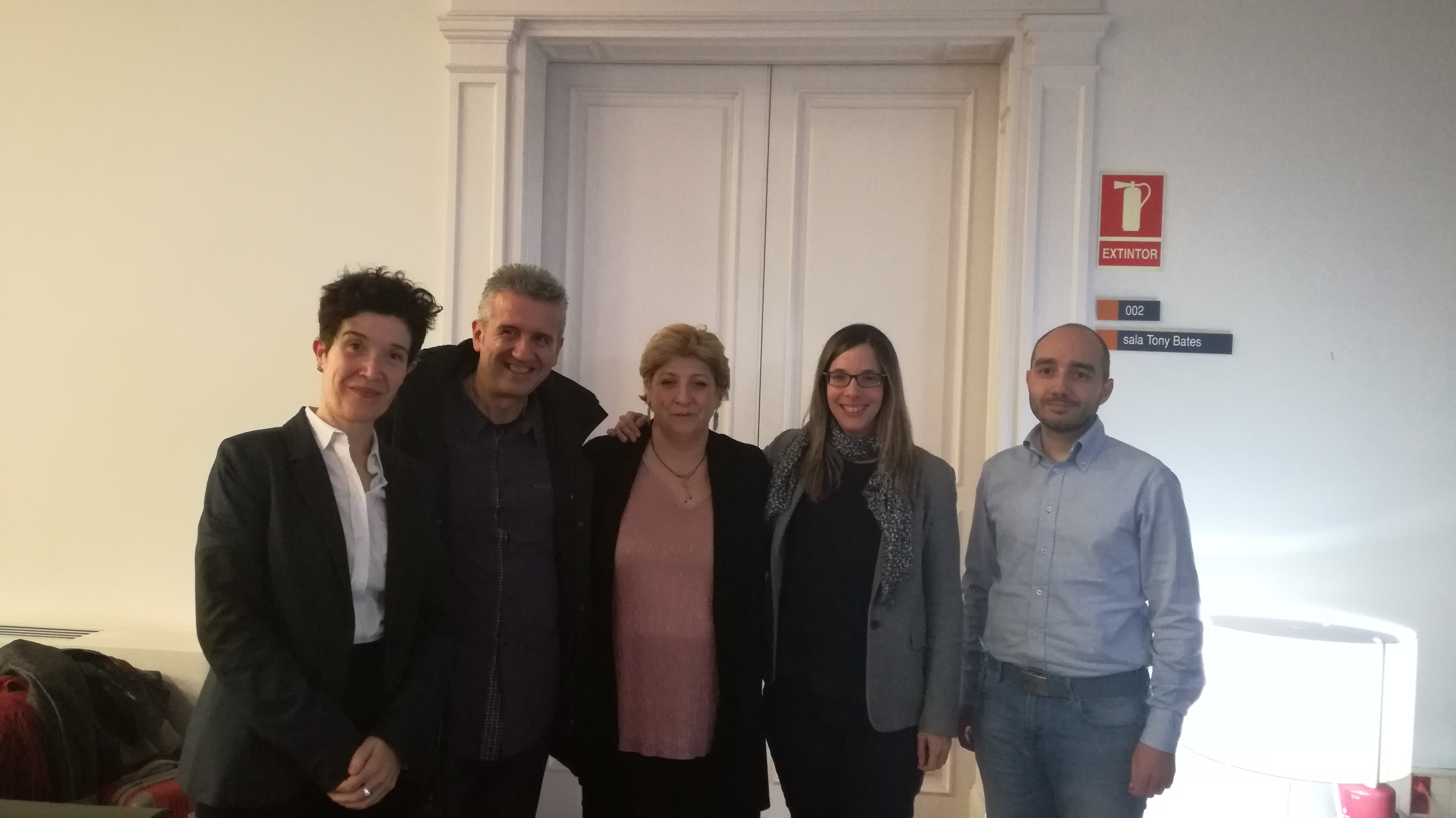
Author: Marta Arguedas Lafuente
Programme: Doctoral Programme in Education and ICT (e-learning)
Language: Spanish
Supervisors: Dr. Atanasi Daradoumis, Dr. Fatos Xhafa
Faculty / Institute: Universitat Oberta de Catalunya. eLearn Center (eLC)
Key words: emotional e-learning, emotion awareness, affective feedback, sentiment analysis, affective pedagogical tutor, emotional ontology
+ Link
Summary
The research problem that has been developed in this thesis aims to answer some of the currently open questions on two big issues, "emotion awareness in e-learning" and "emotional feedback in e-learning". It also aims to propose a conceptual and computational model of emotion analysis in a CSCL environment and, in particular, in the educational discourse that takes place in this context. Therefore, the goals of this thesis have been to reveal and represent the emotions that students feel during their process of collaborative learning in virtual environments, show how these emotions influence their learning, analyse and evaluate the obtained emotions, classify them, and observe their evolution within the period of time that the learning activity lasts. Moreover, studying particular learning situations, an online affective pedagogical tutor (APT) has been developed that provides efficient and appropriate affective feedback. In addition, our study determined which skills or abilities the APT should have in order to optimize the student's learning processes. The results show that an integrated approach including solutions and constructivist methodological strategies for the detection and interpretation of emotion can be developed and applied. Among the results obtained, we highlight the system's ability to provide emotional awareness and emotional feedback and the effects of this kind of awareness and the influence of this type of feedback on issues related to learning, motivation, commitment, self-regulation and student learning outcomes as well as to time management and self-management in terms of behavioural and cognitive involvement, self-regulation and student performance.
